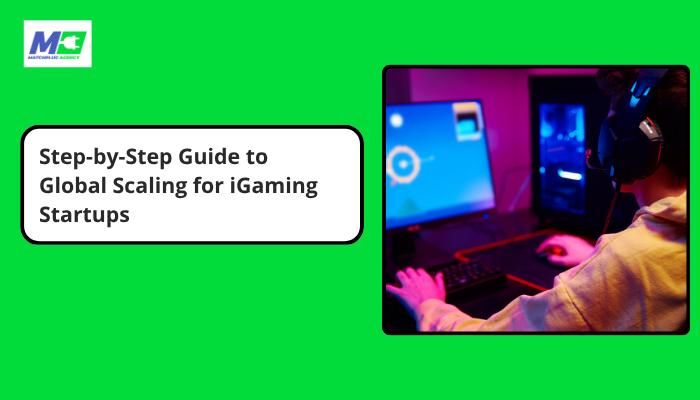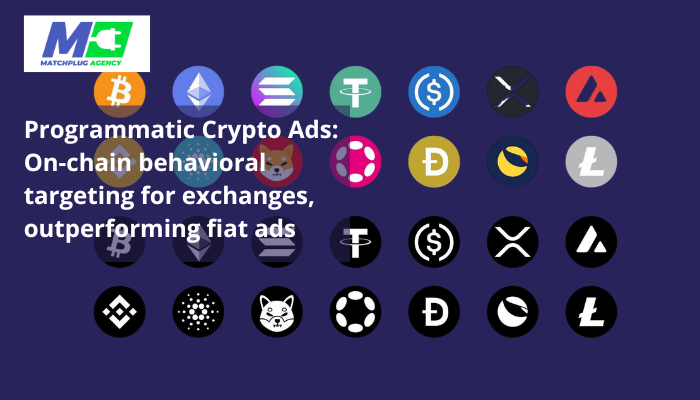iGaming has become one of the most transformative and growing areas of interest in today’s world. Coupled with new-age technologies, including online gaming, blockchain, and others, the iGaming sector has advanced consistently. In doing so, it raises the standards for global iGaming startups.
The processes for starting an iGaming business on a global scale require detailed planning and execution. To fully understand how to scale your startup, it is a must for you to take advantage of the available digital tools technology has made available.
This article will help you know more about how startups can look beyond their local markets and operate in international markets. Let’s dive in!
We also did an article on Geo-Targeting Secrets for Global Expansion in Crypto Ads, which you should read.
How Do You Get Your Startup Off the Ground in iGaming?
The iGaming industry has grown into one of the most profitable online businesses worldwide. Covering wide areas such as sports betting, online casinos, and various digital platforms.
For aspiring business owners in this niche, success requires a strong strategy that balances software quality, financing, legality, security, and marketing. Below is a comprehensive list of how to start–
1. Meeting Legal and Licensing Requirements
The iGaming operators must seek licenses from officials and authorities that regulate such jurisdictions. iGaming regulations are important, and as such, each jurisdiction has an independent licensing authority that lays down certain demands that must be met legally.
An iGaming license is a mark of authenticity, credibility, and trust in a very competitive market. A proper and valid license assures users that the operator obeys stern regulatory standards, protects their personal data, and their game experience.
Operators are able to have access to business opportunities, marketing opportunities for their services, and payment facilitators.
The root of any iGaming startup lies in proper licensing and jurisdiction selection. Without a valid license, iGaming platforms cannot build trust among users and cannot legally operate.
Famous licensing jurisdictions are Malta, Curacao, Gibraltar, and the Isle of Man. Each has its own costs, timelines, and prestigious advantages.
Take, for example, securing a license from Malta Gaming Authority, which may take up to six months but also provides top credibility in global markets. The moment a jurisdiction is selected, operators must open corporate bank accounts, establish a legal entity, and set up a financial compliance system to manage user transactions.
2. Selecting the Appropriate iGaming Software Provider
A player’s experience on an iGaming platform massively depends on its software foundation. A well-grounded provider ensures secure transactions, fluid gameplay, and steady growth.
When choosing a provider, operators should make sure the provider has experience in the industry, flexible methods of payment, and comprehensive features that make the user experience seamless.
3. Building a Secure and Efficient Payment Infrastructure
In iGaming, gaining and maintaining the user’s trust is crucial. They expect seamless deposits and withdrawals, which means selecting the right payment structure must be the top priority.
High-level security systems like firewalls, encryption, and adherence to data protection laws must be adapted.
4. Creating a Profitable Marketing Strategy
Effective marketing is what even the top guns in any industry cannot do without. The iGaming industry is crowded; therefore, visibility is essential. Startups should be involved in strategies like:
SEO and Digital Marketing
Push for high-volume search terms like “best online gambling websites” in target markets that have been well surveyed. It is also important to have a solid SEO strategy.
Bonuses and Promotions
Captivate new players and retain existing ones with attractive and competitive offers.
Affiliate Collaboration
Work hand in hand with affiliates whose sole priority is to drive qualified traffic to your iGaming platform.
Social Media Marketing
Interacting with users and building brand engagement, partnering with media networks, and effective email marketing will further strengthen the business.
5. Planning Your Budget
Starting up an iGaming business is capital-intensive. Creating and executing a well-organised financial plan is a must. Launching without one is one of the common mistakes a startups make. Having a clear budget guarantees that the startup can sustain growth, but also requires adapting to evolving market trends.
How Do You Scale Up Your Startup Globally?
We have discussed how to get your startup off the ground. Now, we’ll dive into how to scale globally in iGaming. To achieve this, you must break free from market entry barriers. Here are 5 solid steps you can follow:
1. Invest in the market research
Before breaking into a new market, conducting thorough market research is critical. You must understand the local regulations, competition, demand, and cultural variation that may affect your business.
Your research will help you adjust your products or services to the particular needs and wants of the market. It will also help the business to engage in different pricing strategies and effective marketing.
When you consult with experts in the industry and gather data from very reliable resources, your market entry is bound to be successful.
2. Capitalise on Technology and Digital Platforms
Digital platforms and technological evolution have opened up new methods for market entry. Various platforms now provide businesses with the ability to enter global markets without the need for physical appearance.
To effectively target and engage with your future users, you must move with the market trends. Adopt various digital marketing strategies, leverage social media platforms to reach wider audiences, and use data analytics to enter into unfamiliar markets.
3. Examine Successful Case Studies
Learning successful market entry case studies provides valuable insights for your own business. To break free from the market entry barrier, it requires strategic reasoning, proper planning, and the ability to adapt to change.
Search for companies that have successfully overcome similar hurdles, learn from their strategies, methods, and approach. By doing this, you can apply relevant information to your own market entry.
4. Analyse Market Potential
Before you target a market, it is important to evaluate the potential. This usually involves factors such as the market size, existing competition, user demographics, and regulatory systems.
5. Grasping Growth Opportunities
Opportunities in the target market can consist of branching into related industries, entering new regions, taking advantage of unengaged customer segments, and creating new products that meet the needs of customers.
By capitalising on these growth opportunities, businesses can achieve and sustain competitiveness in the market.









